Malaysia's dive into a 'green agenda'
Why is no one questioning the assumptions behind these policies
Malaysia is going into a deep dive on ‘green policies’ with electric vehicles and expensive ways to undertake carbon capture, where they are trying to reinvent the processes of trees.
The only problem is that no one in Malaysia is critically asking any questions about the rationale behind this new ‘green agenda’. There is no room for any discussion on the validity of politically alarmist predictions made by the climate change industry.
When you have science without doubt, it becomes religion.
Very few people in the world have a competent understanding of the complex phenomenon of climate change.
Climate change science is still in its infancy, and far from any full understanding of the definitive causes and effects.
Just as humankind is still making many new scientific discoveries in long existing domains of science, including physics and oceanography, climate change science, a relatively new domain, will also evolve as we understand the inter- and intra-relationships within science.
In addition, the prophecies of climate change experts are all based upon modelling and forecasts, using assumptions that will change as we learn more about the science.
Governments are making decisions that gravely affect their citizens based on predictions. The world saw how dangerous this was with the prediction made about the spread and propensity of mortality, back in 2020. Now in 2023, we can see how inaccurate those predictions really were.
Malaysia has reportedly announced the aspiration to achieve a net-zero carbon emission by 2050. Thus, Malaysia intends to switch to electric vehicles (EV) in the public sector, move to 20% renewable energy by 2025, introduce carbon trapping, and move towards a sustainable economy.
Renewable energy
If Malaysia goes down the road the rest of the world is taking, there are risks to reliability and sufficient energy supply to the grid, which would result in power blackouts.
Wind farms are a massive white elephant
Malaysia will continue to face more demand for energy as industry, urbanisation and the population continues to grow. In addition, the costs of modifying the distribution grid to carry intermittent green produced electricity would be exorbitant.
Solar energy production
The cost of solar energy production has gone down 90% over the last two decades. However, solar energy projects require massive tracts of land, which means taking land away from other potential uses like housing and food production. This may displace various fauna habitats, and/or destroy our biodiversity within the immediate environment.
Solar farms actually bring micro-climate change in their areas
Large solar panel projects can also potentially disturb the local climate, and themselves become a source of climate change.
Large capital costs greatly affect the viability of solar energy production. However, there are now many choices such as utilising mirror and trough-based systems which are even more efficient, if calibrated correctly, upon plant commissioning.
The cost of maintenance in outdoor systems can be expensive, especially due to adverse weather.
The biggest downfall with solar energy production is the energy production idleness during night and cloudy periods.
In Malaysia, this would mean solar energy production would be very unreliable during rainy seasons. This can partly be offset through limited battery storage. However, this would only last a couple of hours.
Therefore, supplementary energy production like gas and coal production plants will still be necessary. Due to the long time in starting up and shutting down these systems, these plants must also run 24 hours a day, defeating the purpose.
The lack of sufficient and consistent wind across Malaysia is a major deterrent in wind production as an option for Malaysia.
There are other energy sources like biodiesel and biogas. However, it is questionable if enough could be produced for potential demand.
Electric vehicles
Many nations are planning to mandatorily phase out the sale of petrol or diesel vehicles in the near future, while introducing electric vehicles (EVs). However, this will not reduce aggregate world CO2 output very much. Most EVs are and will be powered by conventional fossil fuel-generated electricity.
The production of EVs also poses environmental and human exploitation issues. Lithium and cobalt mines are bigger than open coal mines, and utilise child labour. EVs require around 20 tonnes of CO2 emissions before they are even driven.
EVs pose a number of other issues. The infrastructure of public charging stations requires rolling out and good maintenance, something that will become a major challenge in itself.
Wait a year or so, you will not be able to give these EVs away
The wait time to charge EVs is longer than conventional vehicles, making long range travel of EVs slower than conventional vehicles. In addition, replacement parts for EVs are much more expensive than EVs. The lifespan of EVs compared with conventional vehicles is much shorter, making this a poor investment for middle class consumers.
The growing number of EVs on the road is straining electricity distribution networks, which will require massive upgrades. In places like California, there are already restrictions on when EVs can be charged.
The International Energy Agency (IEA) estimates that if every nation achieves its ambitious target of increasing electric car ownership, it will reduce CO2 emissions in this decade by 235 million tonnes.
According to the UN Climate Panel’s standard model, this will reduce global temperature by about one ten-thousandth of a degree Celius (0.0001c) by the end of the century.
Carbon capture
Carbon capture plants are a new technology being promoted by the climate change industry. The largest plant in the world in Iceland captures 4,000 tonnes per year. This is the equivalent to the carbon captured by 400 hectares of jungle in Malaysia. Reforestation would be a much more prudent strategy than investing in new carbon capture technologies.
The financial viability of projects now being undertaken by Petronas in a consortium with other international companies, offshore, does not have a source of income. So, it remains to be seen how such a project will be completed.
Shaping Malaysia’s future with climate change should not be about concerns with carbon alone. There are many trade-offs, such as the elimination of poverty in the country.
The policymakers have forgotten there are trees as a solution.
Malaysia cannot follow the western world with their climate agendas since Malaysia is still a developing nation. Bureaucrats and politicians attending summits are designing our future energy systems rather than engineers with a practical sense for Malaysia’s current needs.
Blindly following the western world on climate change is a fallacy. Malaysia needs to look clearly at the realities of climate change and its own decisions.
Subscribe Below:




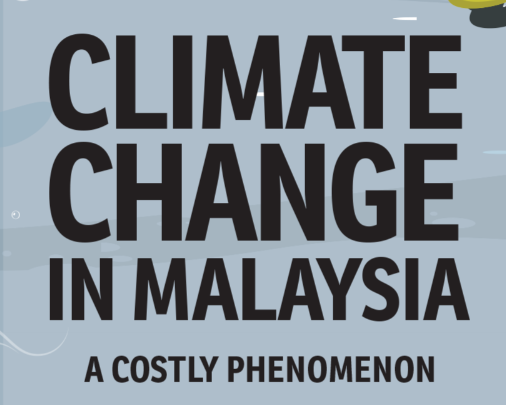
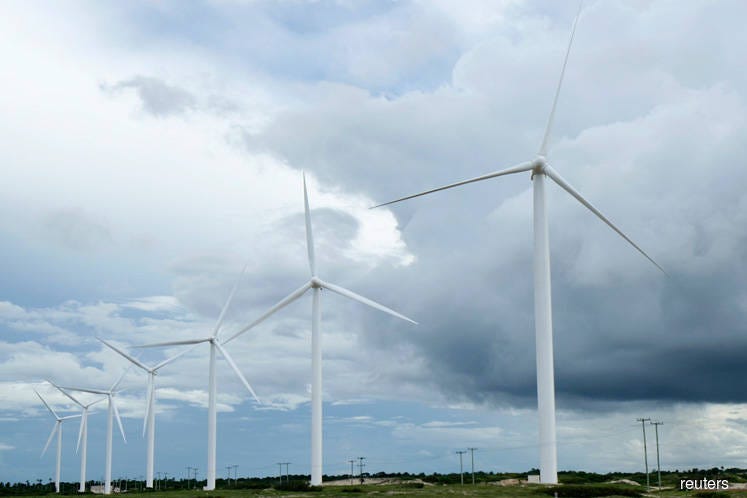
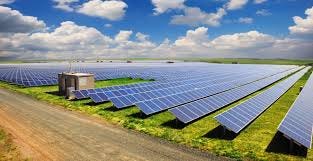
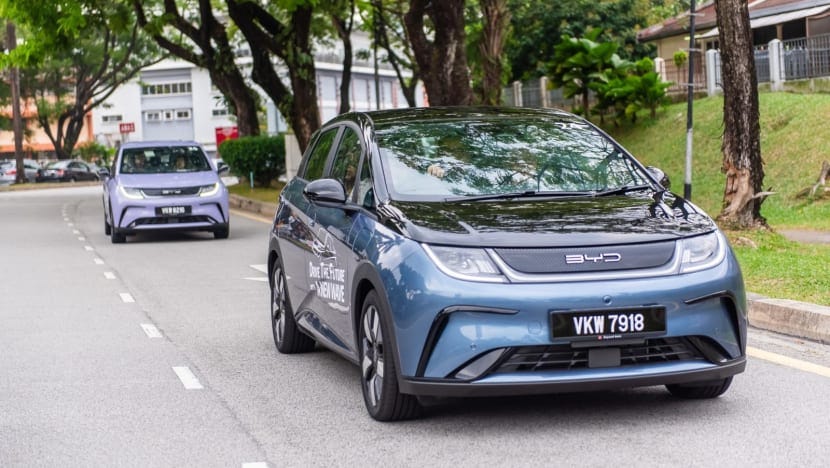
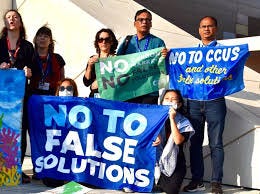
All Malaisesian gomens are essentially outfits run by class acts of sh*t4brains totally clueless about anything the best they can do is follow whatever the colonial massahs andthe Western white grandpas ome up with. Whatever the Yanks neocon, WEF, WHO etc say to follow our dumbfcuk monkey slave wallahs will follow like servile niggahs, yes massah!
It has nothing to do with that famous line give up and follow as some religion advocate or order, it is just the insane inability and sheer laziness to use the tauhu in the skull. Our fcuking monkeys in gomen are just too stupid to know they are stupid and for them it is safest to follow others. Even for a simple matter as what to wear, our monkeys simply ape the Arabs. For language we have a sickly rojak of everybody else's tongues, for our national anthem we copy a Hawaian hula hula number, when we tuck in food our supremacists ketuanan have mee, bihun, kway teow, and anything foreign. Once upon a time we had "Apa kaba", now we pretend to be Arabs, wtf and Alhamdullilah!
Monkey see, monkey do..!
I fully agree Malaysia must not simply follow the popular narrative.We need to look at our own unique situation and see how they will impact us. Every country has it's unique setup. No two county is identical.